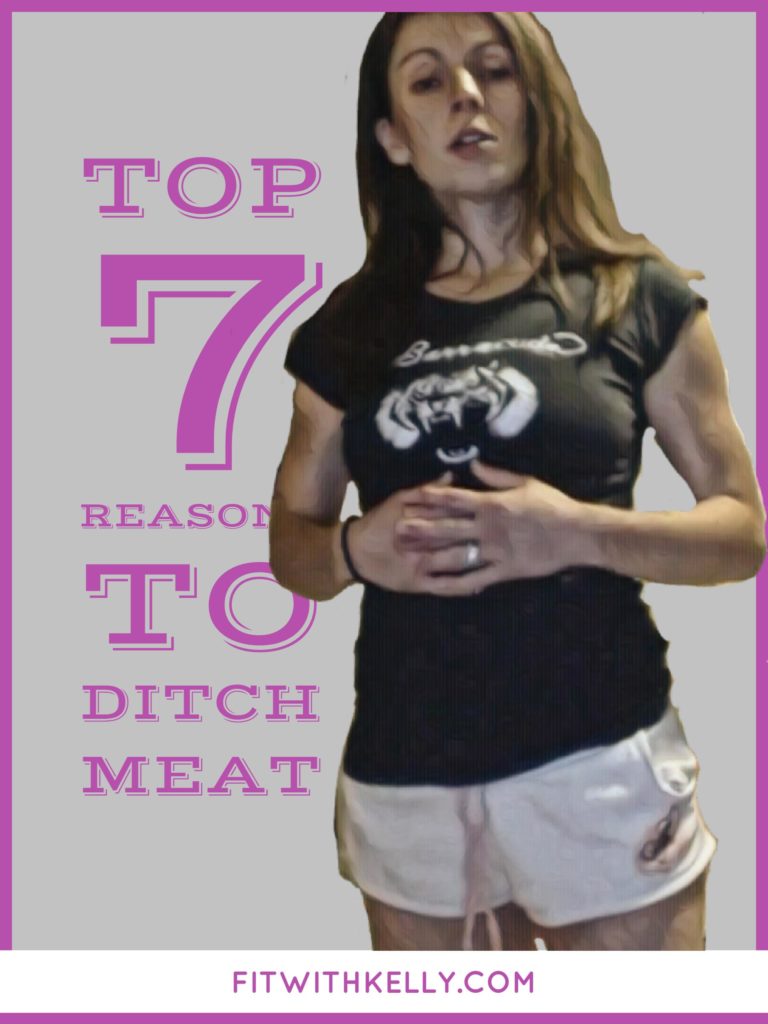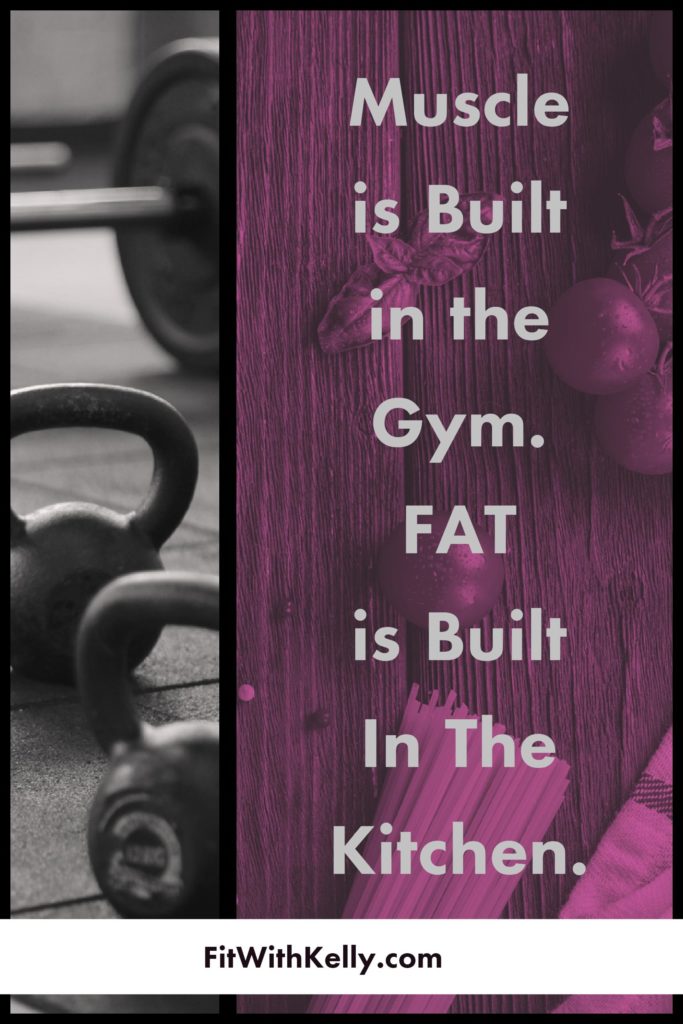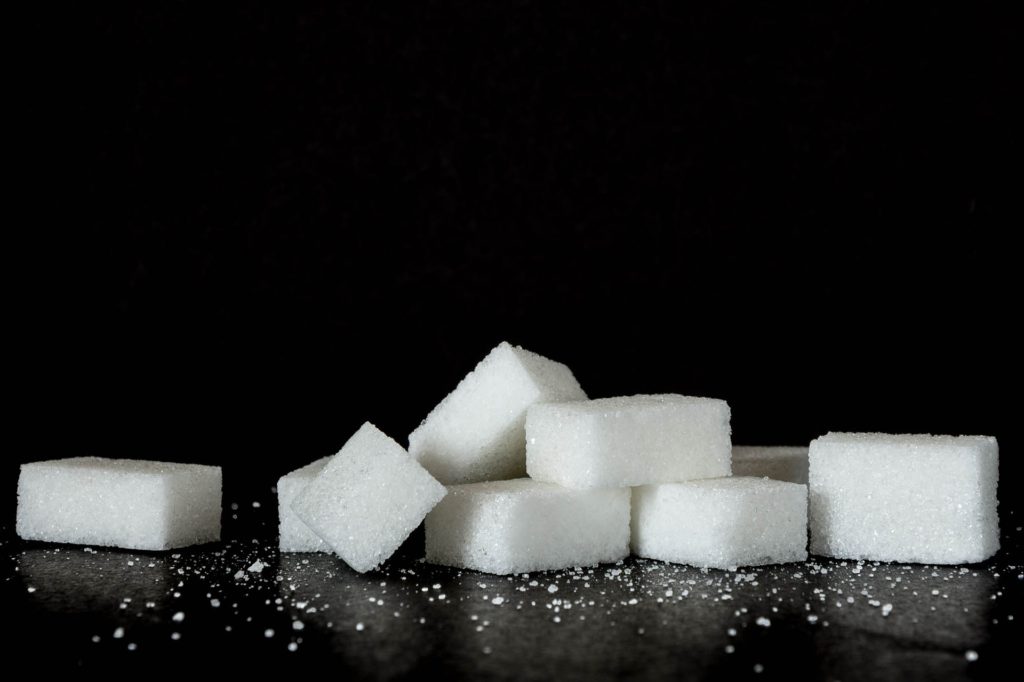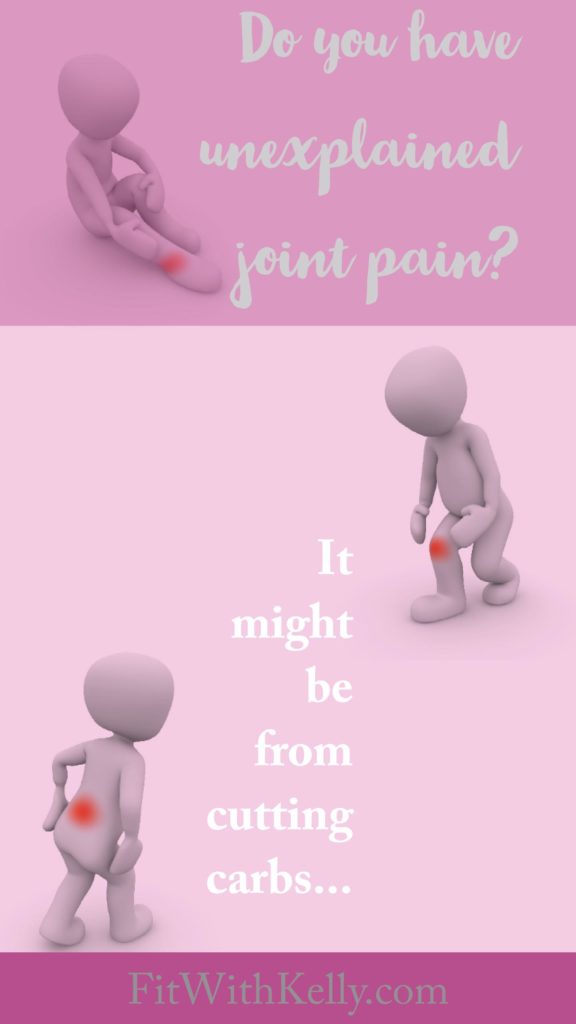4 Ways Diet Affects Your Mind
Article Written by Paige Johnson from Learnfit.org; Edited by Kelly Gibson.
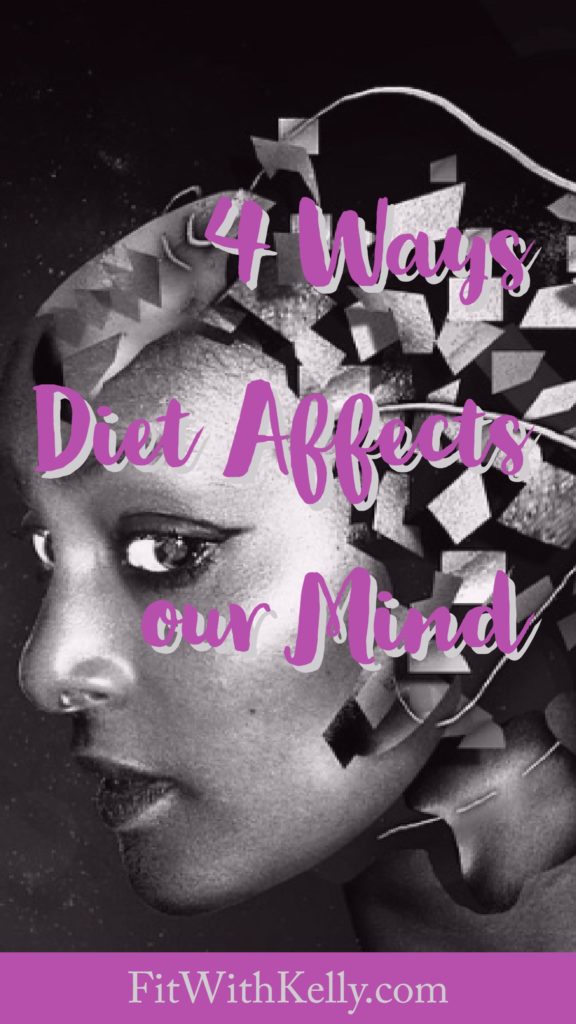
You’re probably already aware that the food you eat affects your weight. Healthy, low-calorie foods may help you lose excess pounds or maintain a fit figure, while processed foods high in sodium and sugar might make you pack on the pounds. It’s wise to enjoy unhealthy food and beverages in moderation, but not just because they impact your weight. Here are four surprising areas of your life that can benefit or suffer from your dietary choices.
Emotions
Mental illness is common in the United States. Approximately 44 million adults have a mental health condition, and many children also battle at least one form of mental illness. Some mental health conditions are triggered by genetic or environmental factors, but did you know that food also affects your mood? Even if you don’t have an existing mental health condition, your dietary habits may make you cranky, depressed, or anxious. So what’s safe, and what should you avoid? It’s generally best for people to consume fresh vegetables and fruits, as well as whole, sprouted grains, legumes, natural oils, and nutrient-dense seeds. Grains and high-glycemic fruits should be balanced with protein-packed foods (think nuts, nut butters, beans, hemp seeds) to avoid a blood sugar crash from excess carbohydrate consumption.
Here are some foods to limit or avoid completely if you want to protect your emotional health:
- Dairy
- Refined sugar
- High-fructose corn syrup
- Hydrogenated oils
- Artificial colors and flavors
- High-sodium foods
It takes discipline to avoid eating these common and addicting ingredients. Having discipline means choosing your emotional health over your cravings. Some people may also need to avoid common foods associated with internal inflammation, such as gluten. Your doctor or a licensed nutritionist can review your current diet and let you know if it’s a good idea to change anything. Remember to choose health first!

Sleep Schedule
Do you struggle to fall asleep at night? Or perhaps you have no trouble falling asleep, but you find it difficult to wake up, even after a full night of rest? These are common complaints from people who do not consume nutritious foods on a regular basis. That’s because there is a potential link between sleep issues and poor dietary habits. Even if you eat well, you may notice you feel more tired than usual after you consume certain foods. L-tryptophan is an amino acid that raises serotonin levels in your brain. When this occurs, you feel sleepy or relaxed, which can disrupt your sleep cycle. Here are some foods that contain this amino acid (thus you should avoid):
- Turkey
- Cheese
- Red meat
- Chicken
Animal based foods like turkey, cheese, red meat, and chicken also lack glucose which is the primary energy source for the brain - I recommend avoiding these foods. You may also experience fatigue if you eat too much of a specific food, even if it’s a healthy plant-based food like tofu, nuts and seeds. This is because your body has to work hard to digest the food and distribute the nutrients throughout your body. Limit these.
Mental Clarity
Do you ever find it difficult to focus on work, school, or household chores? Your diet might be the culprit. One recent study found that poor dietary habits may impact cognitive health. Some researchers believe that eating fried food can increase your risk of developing Alzheimer’s disease.
On a positive note, it may be possible to prevent or even reverse the effects of a bad diet. Here are some brain-friendly foods to incorporate into your diet:
- Avocado
- Broccoli
- Dark Chocolate (look for vegan options)
- Acai berries
- Coconut oil
Pay attention to how your body feels after you consume different foods. You may notice other foods help or hurt your memory.
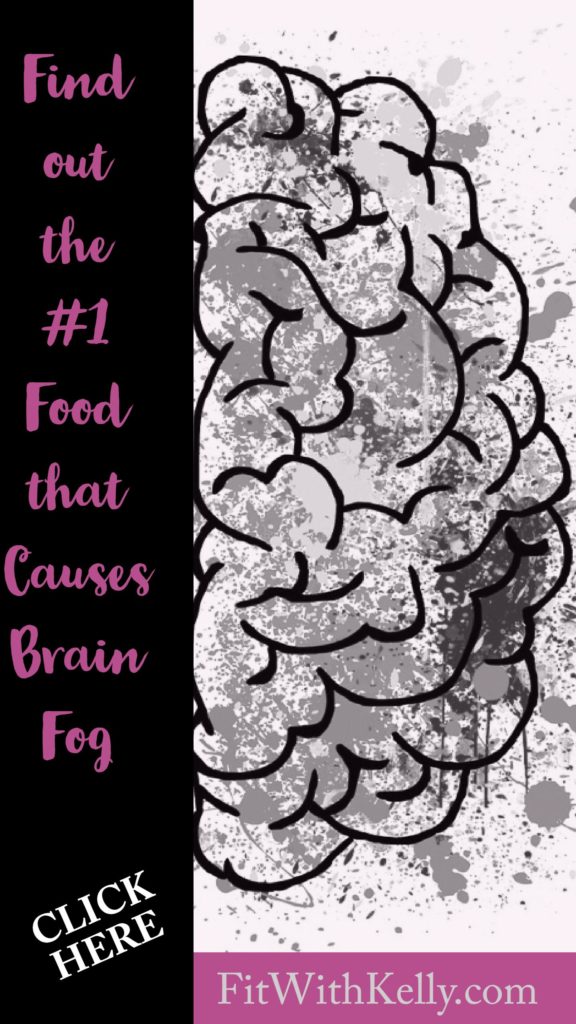
Social Life
The foods you eat or avoid can have a major impact on your social life. Depending on your lifestyle, this can be a positive or negative experience. A poor social life can result in poor emotional health and a negative mindset. For example, if you avoid foods with refined sugar and wheat, you may find it difficult to dine out with friends. If you live a vegan lifestyle, you may notice friends no longer extend invitations to barbecues or birthday parties.
Luckily, there’s an easy solution for this issue. If you don’t want to change your diet, just make sure you arrive prepared for social functions. Let friends know that you don’t mind bringing a gluten-free dessert or vegan appetizer to their party. You can also host potluck parties at your home so that everyone can eat something they enjoy. Your dietary choices can tilt the scale in either direction, but they also impact other areas of your life. Think carefully about the foods you consume so that you can protect your mind. Diet affects your emotional health, mental clarity, sleep schedule, and social life.
I hope you enjoyed learning about the 4 ways diet affects your mindset, so please subscribe and share!
